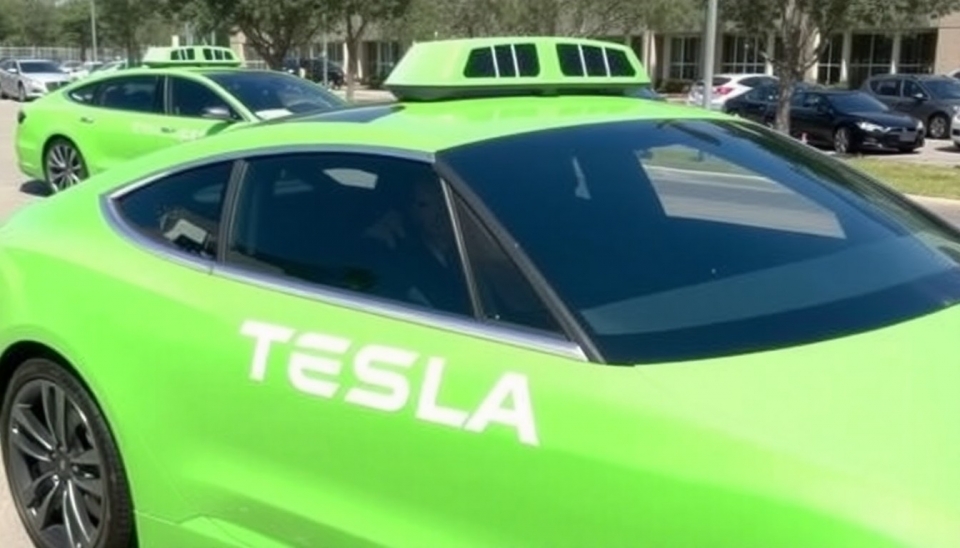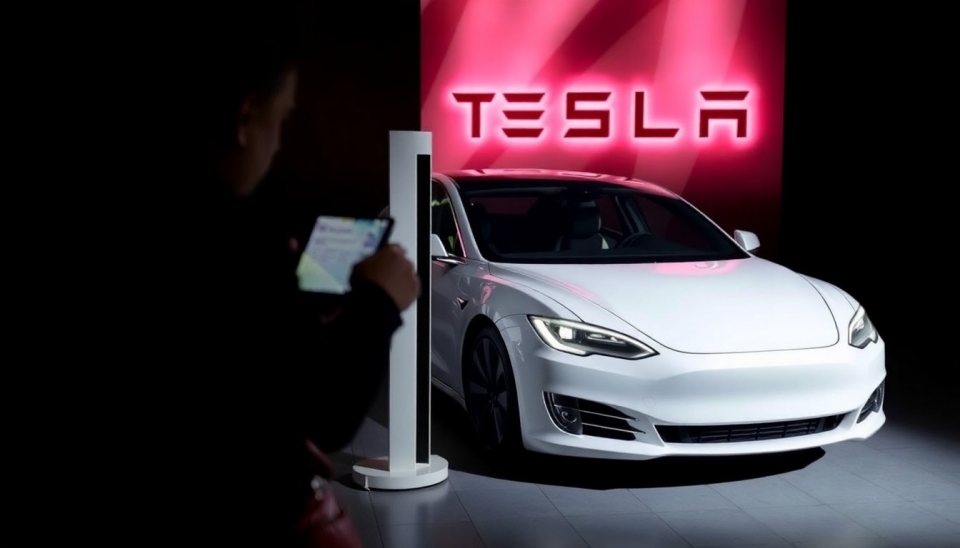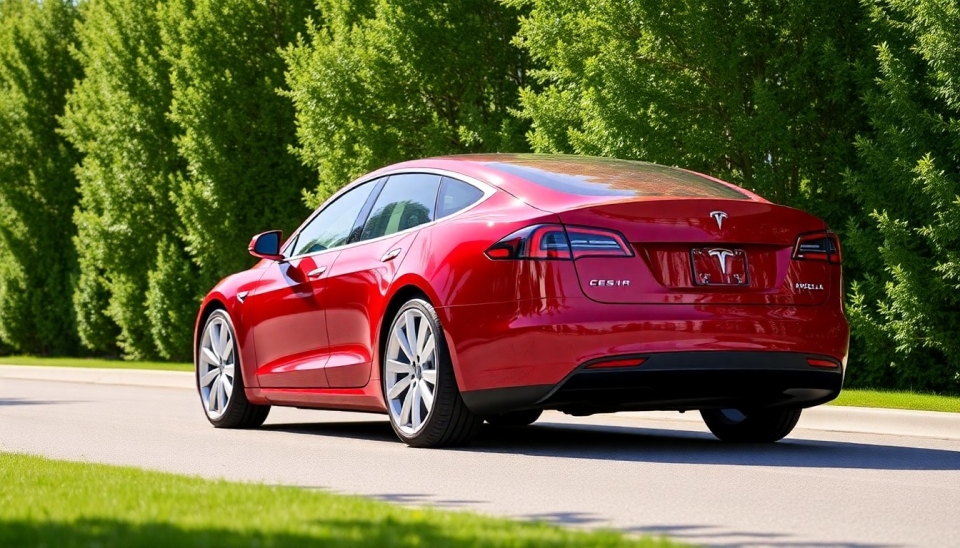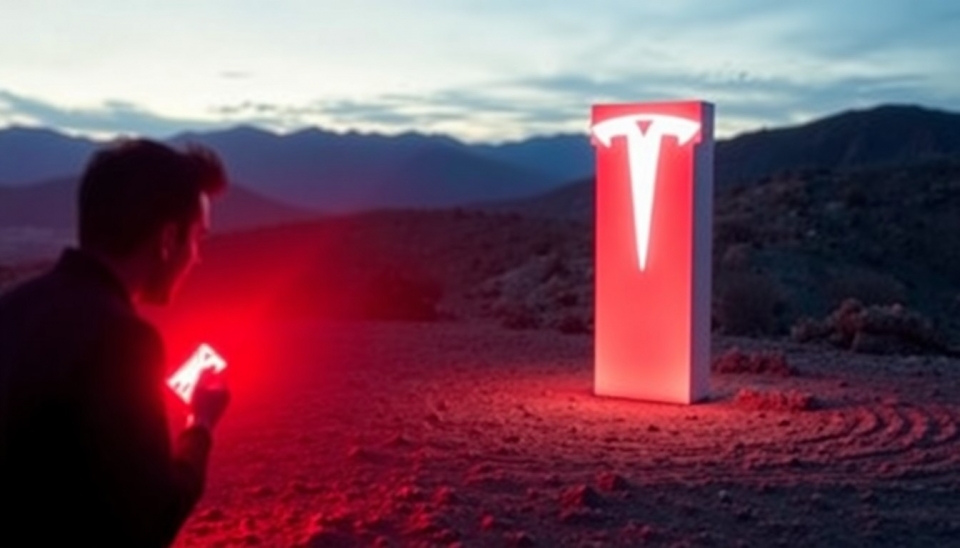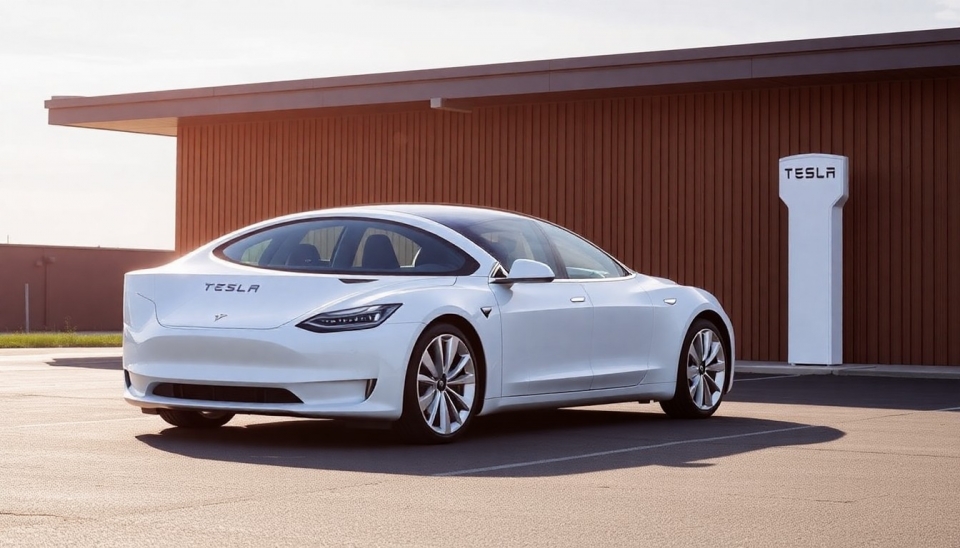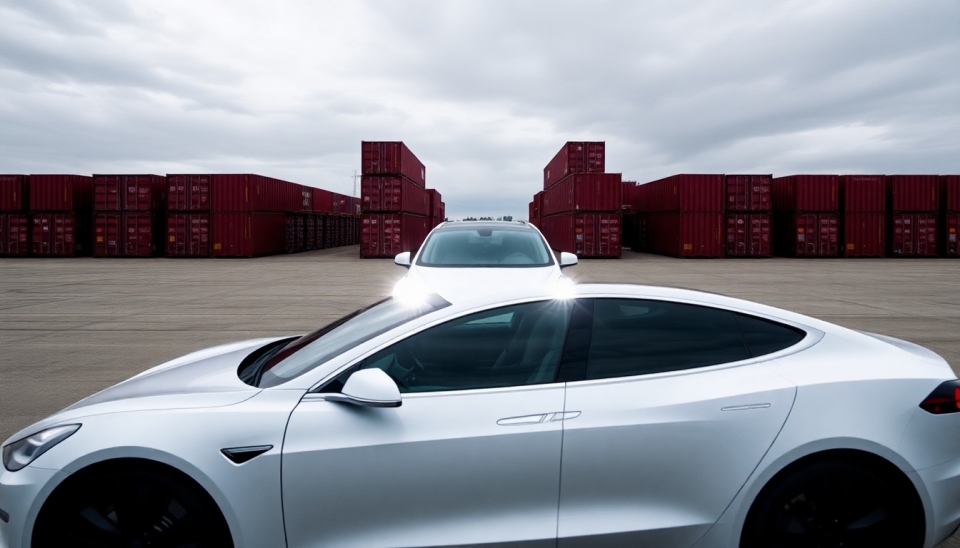
In a significant development in the electric vehicle (EV) industry, Tesla is mounting a legal challenge against tariffs imposed on graphite, a vital component used in lithium-ion batteries. This situation has sparked a notable conflict between Elon Musk, Tesla's CEO, and former President Donald Trump, who championed the tariffs as a protective measure for U.S. industries.
The tariffs, which were enacted as part of the Trump administration’s broader trade strategy, specifically target graphite imports from China, complicating Tesla's supply chain as it invests heavily in expanding its production capabilities to meet soaring demand for electric vehicles. In recent months, the company has argued that these tariffs could significantly increase production costs, which in turn might hinder its efforts to make EVs more affordable for consumers.
Musk’s opposition to the tariffs has positioned him in direct contrast to Trump’s policy approach. While the former president aimed to protect American workers and industries by imposing these tariffs, Musk argues that the restrictions are counterproductive and could ultimately harm U.S. businesses in the EV sector. He insists that maintaining access to affordable raw materials is crucial for Tesla to continue its mission of accelerating the world’s transition to sustainable energy.
The tension escalates as Tesla’s demand for graphite grows, driven by its ambitious plans to produce millions of electric vehicles over the next few years. Graphite is an essential ingredient for the anodes in lithium-ion batteries, which power a vast majority of electric cars on the market today. Without a steady and cost-effective supply of graphite, Tesla's production goals could be jeopardized.
A spokesperson for Tesla stated, “Tariffs on graphite imports threaten to undermine our ability to offer competitively priced EVs. We must advocate for policies that facilitate growth and innovation in the clean energy sector.” This statement underscores the company’s position as it navigates the complexities of U.S. trade policies.
As Tesla prepares to challenge the tariffs in court, industry observers are closely monitoring the situation. The outcome could have far-reaching implications not only for Tesla but for the entire electric vehicle market in the United States. Should the court rule in favor of Tesla, it could pave the way for more competitive pricing and increased market penetration for electric vehicles.
This ongoing legal battle highlights the broader issue of supply chain vulnerabilities in the clean energy sector, emphasizing the need for stable access to essential materials. As both parties prepare for a confrontation that echoes larger debates about trade, innovation, and the future of transportation, many are eager to see how this situation will evolve and what it might mean for the future of EV manufacturing in America.
While tensions between Musk and Trump continue to simmer, stakeholders in the EV industry are hopeful that a resolution can be reached that prioritizes sustainability and economic growth over protective tariffs.
As we follow this story, it's clear that the relationship between trade policy and technological advancement will remain a pivotal point of discussion for the foreseeable future.
#Tesla #ElonMusk #DonaldTrump #Tariffs #ElectricVehicles #Graphite #EVMaking #CleanEnergy #SupplyChain
Author: John Miller
